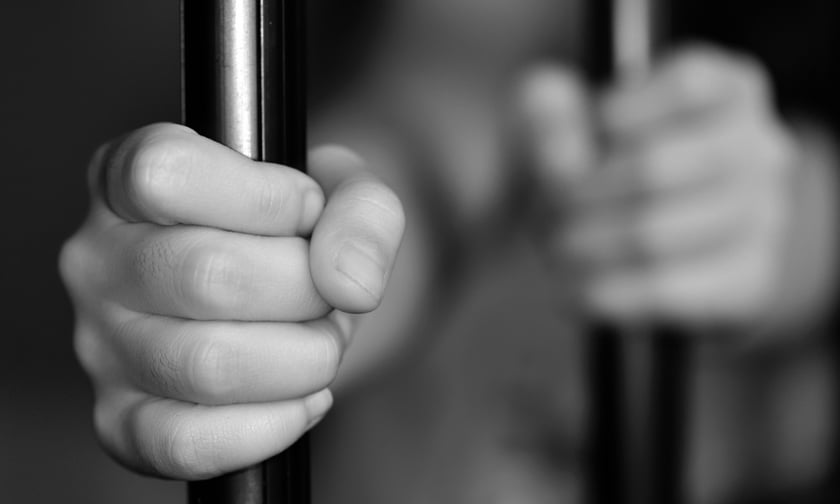

Chow Ka-wai, a 45-year-old regional director of an insurance company, was sentenced to seven years in prison for the rape of his 40-year-old Indonesian domestic helper following an inebriated incident in 2021.
Chow, who was married with two sons and a daughter at the time, was convicted last month by a High Court jury comprising six men on one count of rape.
During the sentencing, High Court Recorder Martin Hui Siu-ting expressed the severity of Chow's breach of trust as an employer towards the helper. He emphasised the necessity for a deterrent sentence given the gravity of the offence committed.
A report from The Standard revealed that Hui also acknowledged the impact of the case on Chow's family, particularly the three children, as Chow has since divorced his wife, and the children are now being cared for by Chow's 74-year-old mother. However, he said that Chow must face the consequences of his actions.
The defence's assertion that Chow and the helper had an intimate relationship beyond the employment scope was dismissed by Hui. He stressed that the helper did not consent to any sexual involvement, highlighting that Chow acted against her will.
The aftermath of the rape has left the helper grappling with post-traumatic stress disorder, struggling with fear and emotional control daily, displaying symptoms of anxiety and depression, according to Hui.
Being a migrant worker financially dependent on her employer in Hong Kong, the helper's vulnerability was underscored by Hui. The court proceedings revealed that Chow, an insurance director earning an annual salary of HK$1 million, committed the assault on Aug. 10, 2021, while under the influence of alcohol.
The incident involved unwanted sexual advances, assault, and non-consensual intercourse without protection. Despite the helper's attempts to resist, she was overpowered.
The helper disclosed the incident to Chow's wife the next day, expressing her inability to continue residing in the same flat due to fear. On the same day, she also left Chow's residence and reported the assault to the police.
In a plea for leniency, the defence highlighted the impulsive nature of Chow's actions driven by alcohol, emphasising the lack of premeditation. They also noted that the helper had found new employment and is in the process of moving forward, despite her psychological challenges.
The defence also brought up Chow’s three children, who will be left in the care of his mother while she herself has a heart disease.
What are your thoughts on this story? Please feel free to share your comments below.
